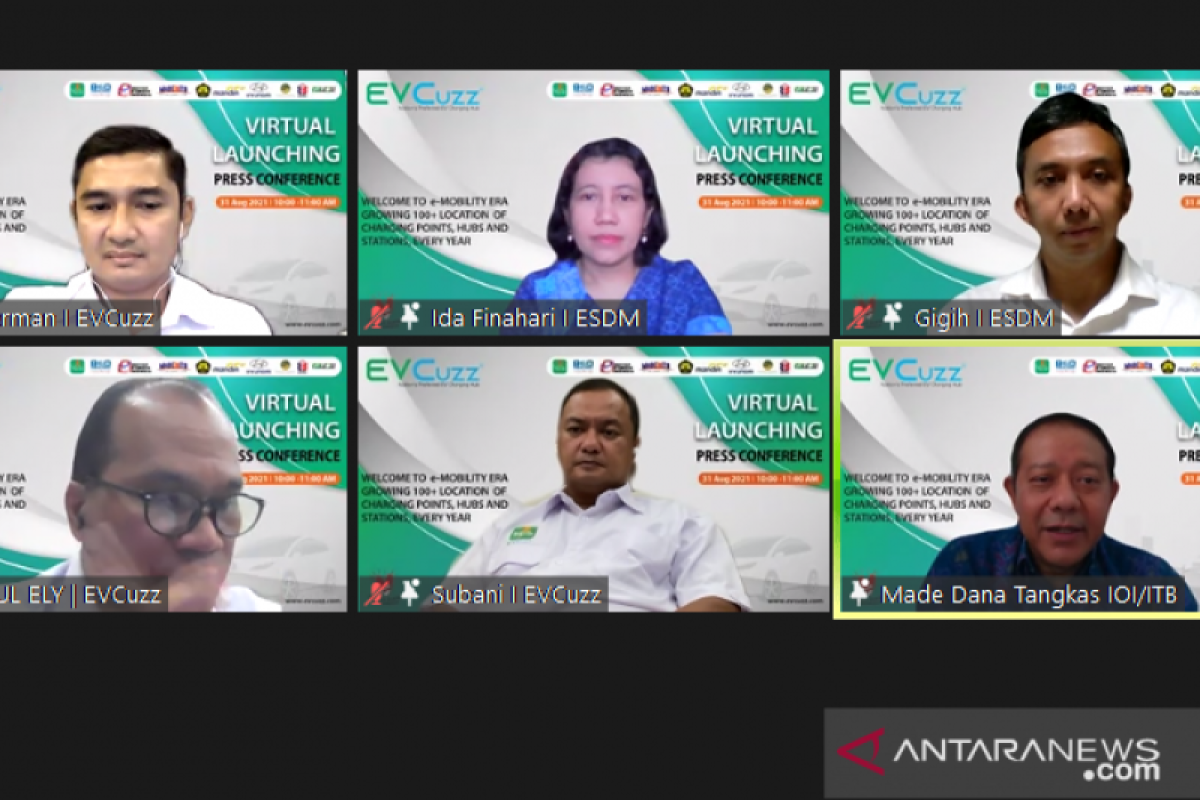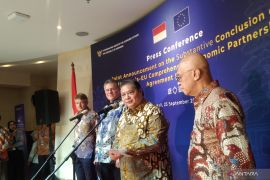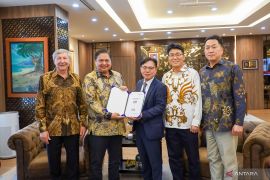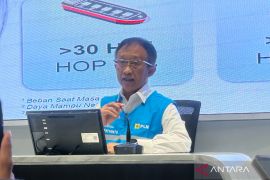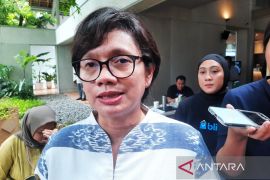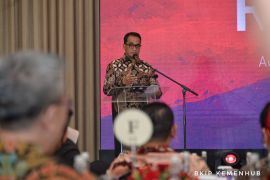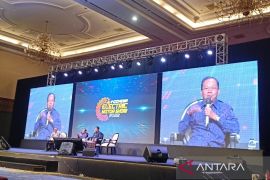The challenges include the steep price of electric vehicles as well as the readiness of supporting infrastructure for the electric-vehicle ecosystem, such as Public Electric Vehicle Charging Stations (SPKLUs) and Public Electric Vehicle Battery Switching Stations (SPBKLUs), Ida Nuryatin Finahari said.
The main component used in electric vehicles—the battery—is still being imported, she pointed out.
Therefore, there needs to be collaboration between parties to produce batteries domestically, she said.
The government's cooperation with Hyundai Motor Group and LG Energy Solution for a joint venture in Indonesia is a form of effort to produce battery cells for battery-powered electric vehicles, Finahari added.
"Steps like this should be done by us all, until massive implementation of electric vehicles can be done in the future," she remarked.
Related news: Indonesia owns nine companies supporting EV battery industry
In addition, the government is targeting to have 2.2 million electric vehicles on Indonesian roads by 2030, Finahari noted.
This target has been set alongside the construction of supportive infrastructure such as SPKLUs and SPBKLUs that are targeted to be available in 31 thousand locations, she added.
In 2021, the government is aiming to install 572 units of power stations, but only 166 units have been constructed thus far, she highlighted.
To this end, the government, through the Ministry of Energy and Mineral Resources, will encourage enterprises to collaborate and build SPKLUs and SPBKLUs in Indonesia, she informed.
"The business opportunity (for the construction of SPKLUs and SPBKLUs) is still wide open for enterprises," Finahari emphasized.
Related news: Electric vehicles program to expedite green energy transition
Related news: Government targets two million electric vehicles nationwide for 2025
Translator: Arnidhya Zhafira, Fadhli R
Editor: Suharto
Copyright © ANTARA 2021
